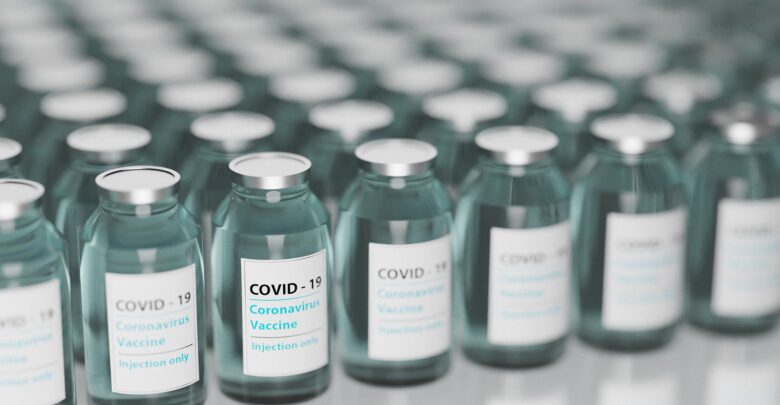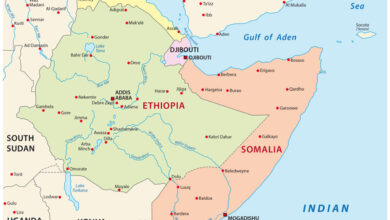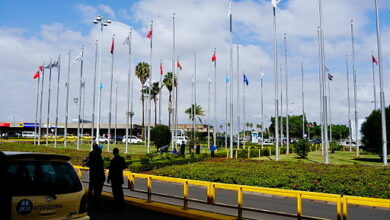
International Rights Group Amnesty International on Wednesday blamed top COVID-19 vaccine manufacturers fuelling a global human rights crisis, citing their refusal to sufficiently waive intellectual property rights, share vaccine technology, and boost vaccine supply across the globe.
In its new report, titled “A Double Dose of Inequality: Pharma companies and the Covid-19 vaccines crisis”, the rights group assessed six of the top COVID-19 vaccine manufacturing companies namely AstraZeneca plc, BioNTech SE, Johnson & Johnson, Moderna, Inc., Novavax, Inc. and Pfizer, Inc.
Amnesty International said it reviewed each of the company’s human rights policies, vaccine pricing structure, intellectual property records, knowledge and technology sharing, allocation of available vaccine doses, and transparency. After the assessment, it was found that the companies have failed to uphold their own human rights commitments.
“Vaccinating the world is our only pathway out of this crisis,” said Agnes Callamard, Amnesty International’s secretary-general.
As per the report, out of 5.76 billion doses administered worldwide, over 79 percent of doses were sent to upper-middle- and high-income countries, while a mere 0.3 percent have been shipped to low-income countries.
The rights group said that instead of prioritizing and collaborating with COVAX Facility, the international scheme aiming to ensure a fair global vaccine allocation, some of the assessed companies have continued to stock up vaccine supplies for countries known to be hoarding the vaccine.
The report warned that the vaccine-making companies should not be put profit before the lives of people in the world’s poorest countries.
“It should be time to hail these companies, who created vaccines so quickly, as heroes. But instead, to their shame and our collective grief, Big Pharma’s intentional blocking of knowledge transfer and their wheeling and dealing in favor of wealthy states has brewed an utterly predictable and utterly devastating vaccine scarcity for so many others,” Callamard added.
The report added that the companies have also opposed proposals to temporarily lift intellectual property rights proposed by India and South Africa.
The international rights body urged states and pharmaceutical companies to drastically change course and to do everything needed to deliver 2 billion vaccines to low and lower-middle-income countries immediately.






